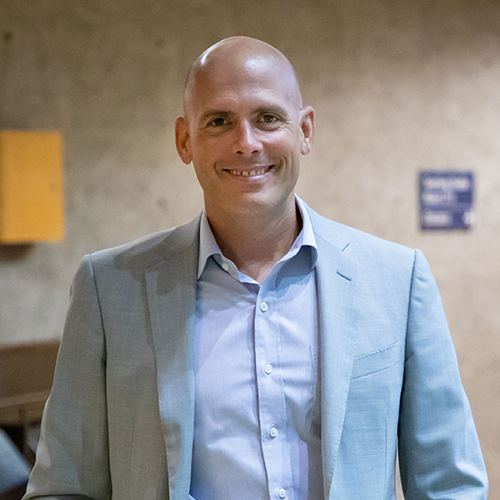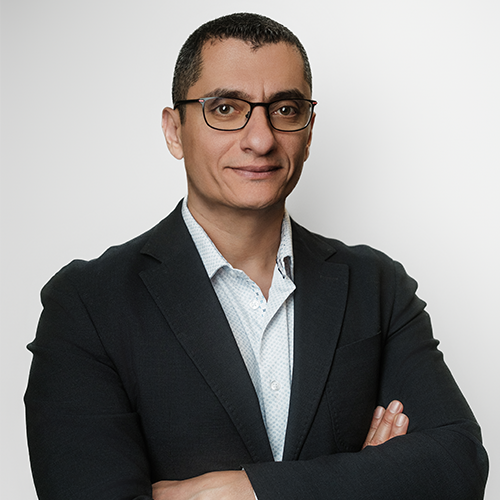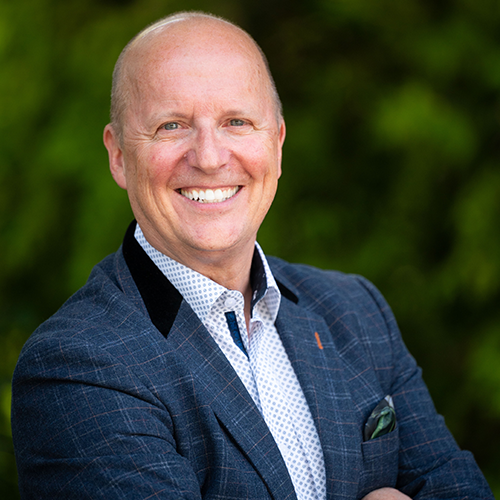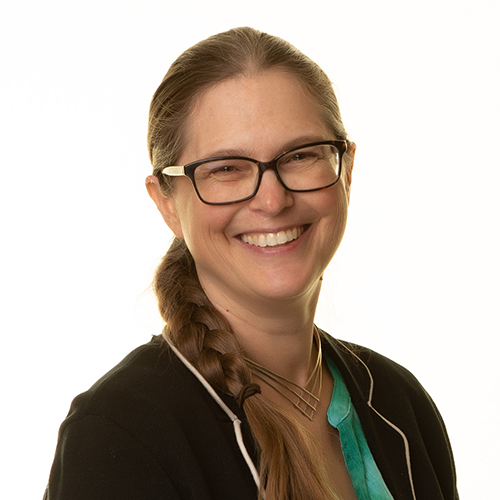Neil Mitra is completing his undergraduate degree in biomedical engineering at The University of British Columbia, but he’s also founded a biotechnology startup and volunteers with two local nonprofits. In his spare time, he’s learning advanced physics and enjoys creating abstract paintings. To say that Mitra approaches life with ambition and heart is understating the point.
His lifelong passion for healthcare was intensified after a personal tragedy: An aunt with whom he was very close passed away from a heart attack when Mitra was in Grade 9. That event inspired him to look for ways to speed up diagnosis and treatment.
While still in high school, Mitra volunteered in a lab at the University of Waterloo, creating a prototype for a novel paper-based medical device that can detect and predict heart attacks in minutes. With a design similar to glucometer test strips, he turned it into a successful national and international science fair project, which earned him a full scholarship at UBC.
Mitra decided to launch Mitra Biotechnologies shortly after beginning his degree, to commercialize his prototype. He met several founders and investors through proactive and proficient networking and raised a quarter of a million dollars in startup funding. Mitra’s test is faster (and cheaper) than sending a blood sample to a lab for analysis. It’s the kind of technology that will change the future of healthcare.
He also volunteers and serves as a mentor at two Vancouver-based nonprofit organizations that amplify the voices of entrepreneurs, scientists, and artists and help them build future technologies. Their approach meshes well with Mitra’s values. “We need more renaissances, where the arts and sciences merge together,” he says.
He’s now thinking about graduate school, where he hopes to research the physical basis for biology at the molecular level, using quantum computing. It’s an ambitious goal for an ambitious person. Wherever he ends up, Mitra is certain of one thing: “Everything that I do will ultimately be tied to healthcare.”






